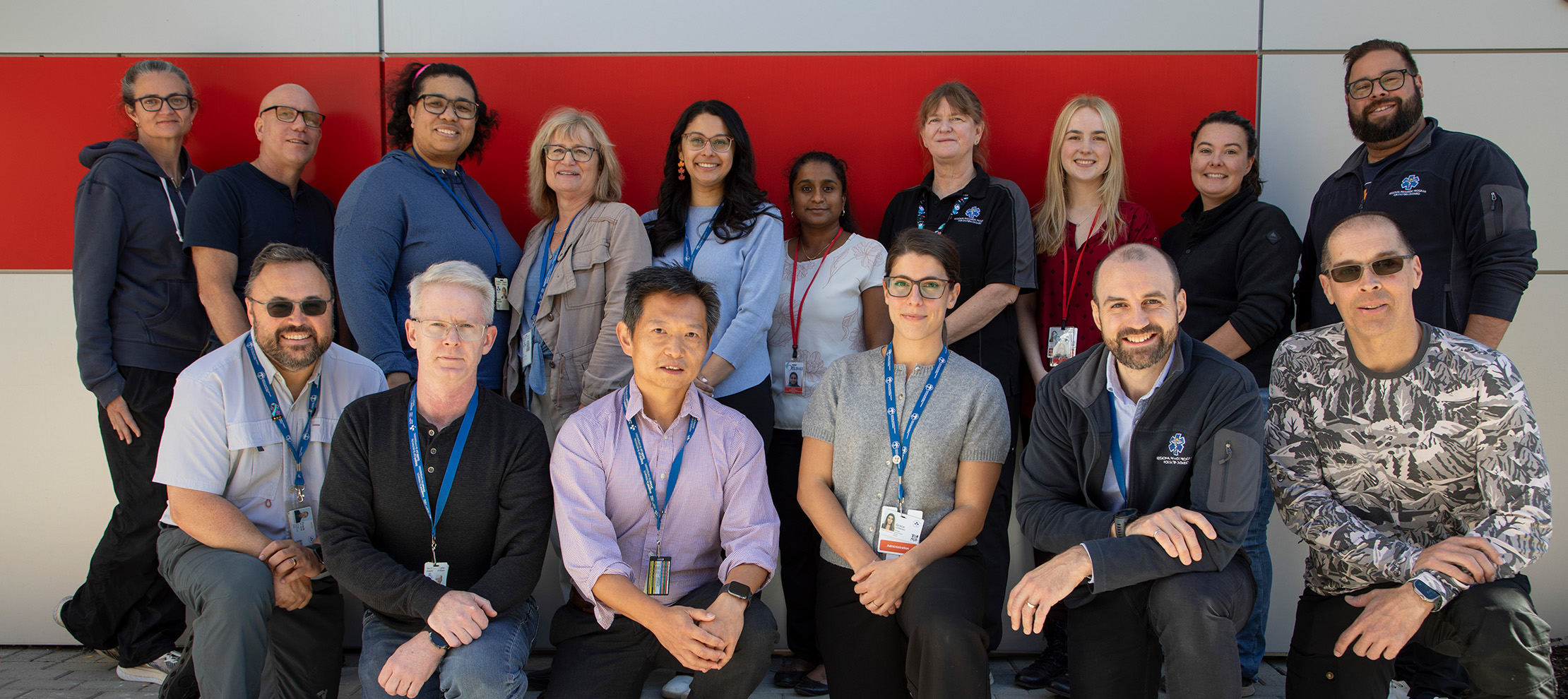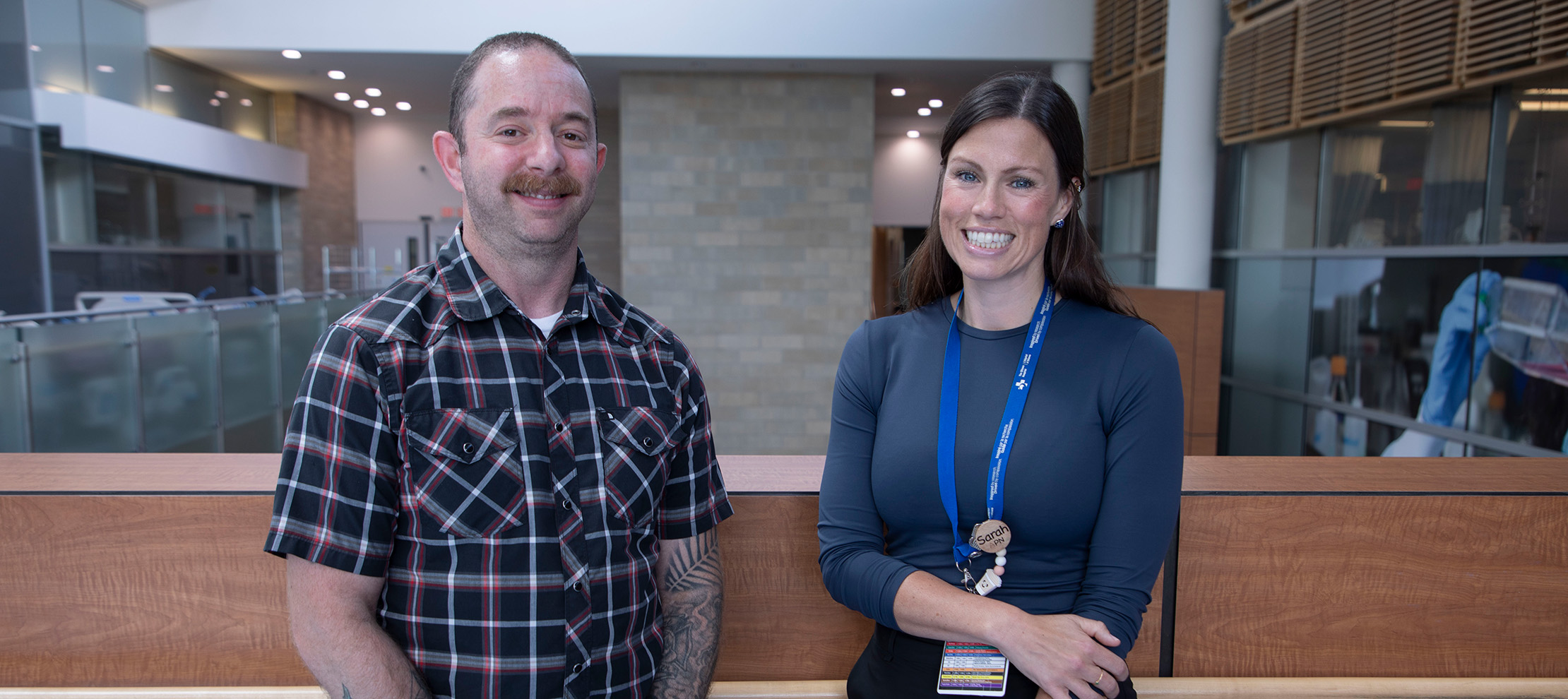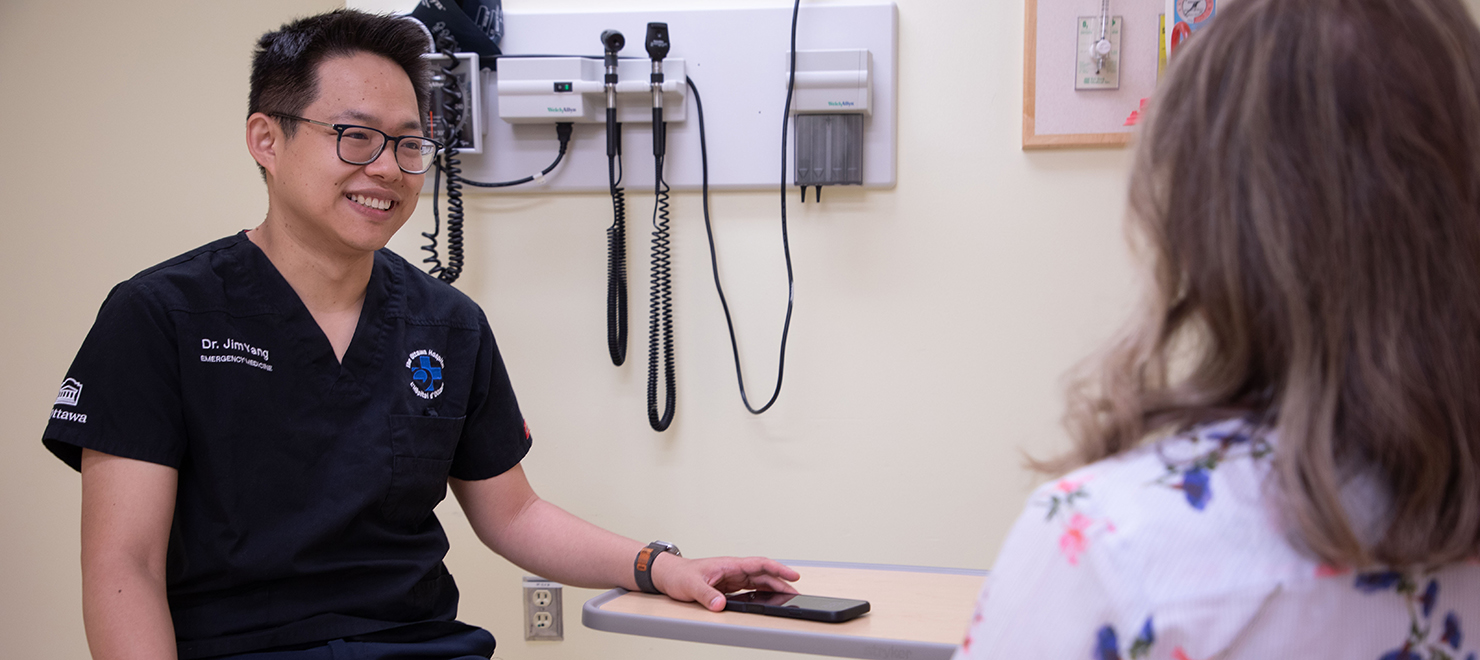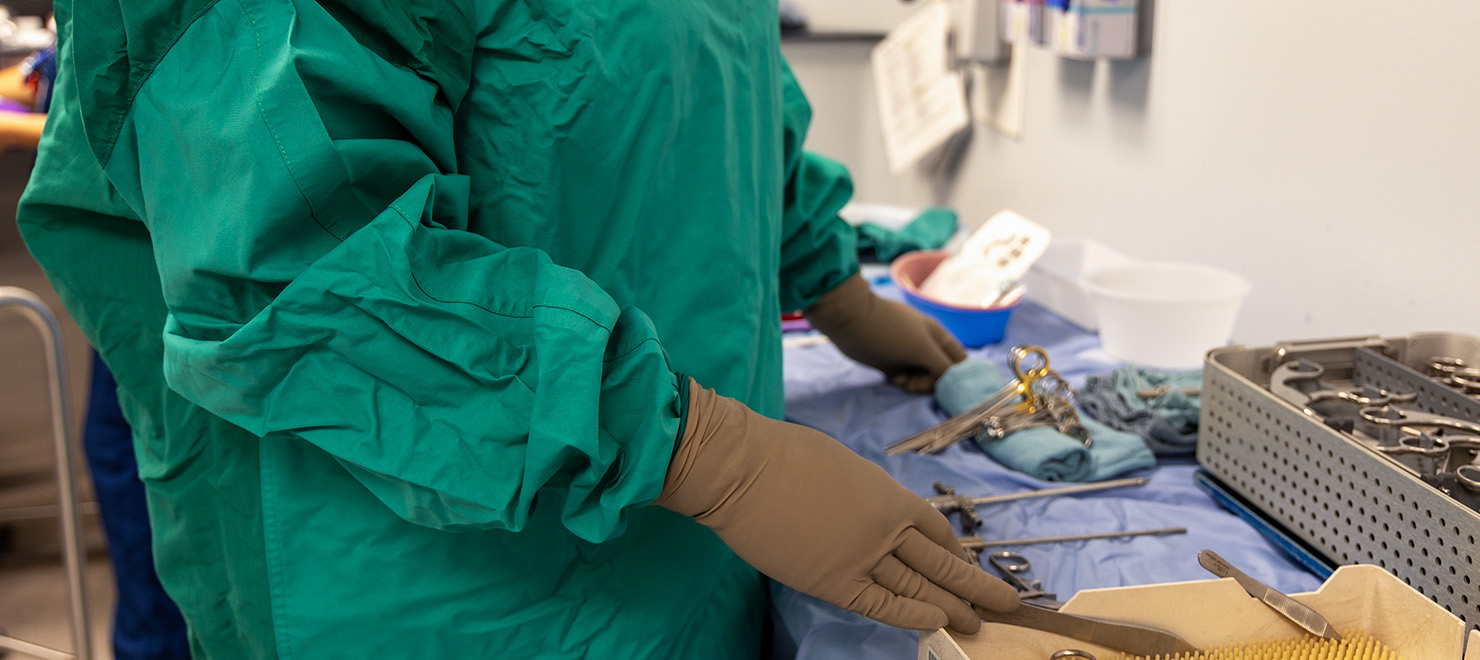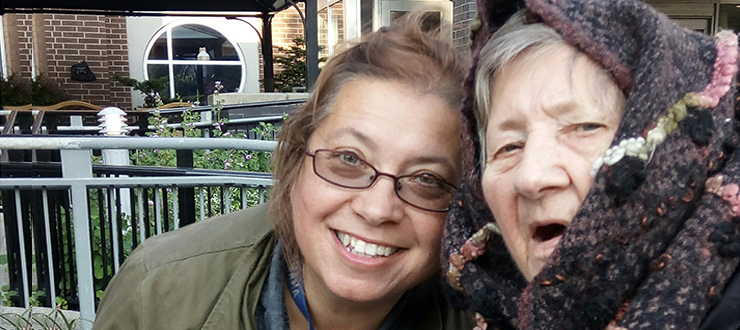
Paula Tiszai (left) believes that patients like her mother, Ritva Tiszai, could be helped by MedSafer, an automated, computer-assisted tool that helps doctors and pharmacists review medications and, when appropriate, stop some to help reduce adverse drug events.
Paula Tiszai worries constantly about her 85-year-old mother’s medications. Over the years, she has seen her mother suffer deliriums, behavioural issues, problems eating, falls and more – simply because she was on inappropriate drugs (such as antipsychotics) or wrong doses.
“She couldn’t walk, she couldn’t function, she couldn’t speak, and it was all this medication that wasn’t helping – it was hindering her,” said Paula. “She has this fear of needles now because of what happened.” One time, her mother, who has dementia, became agitated in hospital while on an antipsychotic drug. “They held her down and called security instead of me. They didn’t know her baseline. I just happened to show up and said, ‘That’s not what she’s like’.”
Paula believes patients like her mother, Ritva Tiszai, could be helped by the MedSafer project, which runs at The Ottawa Hospital from October 2018 to Spring 2019.
MedSafer is an electronic tool to help doctors and pharmacists decide which medications could be stopped. The tool screens the patient’s medical history and medications and then gives prioritized recommendations for taking the patient off drugs that are no longer needed, or could cause unintended side effects or reactions with other drugs. The tool draws on the evidence-based criteria in the Choosing Wisely Canada, Beers, and START/STOPP lists.

Rita Tiszai (front) has dementia and has suffered deliriums, behavioural issues, problems eating, falls and more – simply because she was on inappropriate drugs (such as antipsychotics) or wrong doses. Her loved ones believe MedSafer can help.
MedSafer’s goal is to reduce adverse drug events, which account for 27,000 hospital admissions per year in Canada. Severe adverse drug events lead to as much as 20 percent of all hospitalizations in the elderly, who are the most likely to be using five or more medications at once. Reviewing medications can prevent many of these adverse drug events.
“This is the biggest study in the world of this type, so it’s a world-first,” said Dr. Allen Huang, who is co-leading (along with Dr. Alan Forster, Dr. Babak Rashidi and Pharmacist Derek Dyks) the Ottawa section of a Canada-wide clinical trial to study how effective MedSafer is at reducing post-discharge adverse drug events, falls in hospital, lengths of stay, and readmissions.
“It’s like using Google Maps in an unfamiliar city,” explained Dr. Huang, Head of Geriatric Medicine at The Ottawa Hospital and the University of Ottawa. “MedSafer will help guide you.”
“Too many patients have been on certain drugs for years, long after they should have been reviewed and stopped,” said Dr. Huang. “For example, a woman may have had postpartum depression and been put onto antidepressants 30 years go, but she’s still taking the drug today because no one has ever done a review.”
“It’s one of those things that touches everyone,” said Kira Slivitzky, Clinical Research Assistant, who is enrolling patients in the MedSafer trial. “They like not having to worry about having so many medications or at least tapering down.”
MedSafer’s recommendations will be sent to family doctors after the patient is sent home, so that family doctors can continue to monitor medications.
“In the past, they tended to overmedicate,” said Paula. “If they mask the problem by giving them drugs, patients can’t tell them what’s wrong, such as pain or discomfort. She went through World War II – she can’t be forced to do anything. Gentle methods work. By using a gentle approach, the patient can tell them what’s wrong.”
Paula’s mother is doing much better these days, on fewer medications.
“The more they’ve reduced the medication, the better the improvement,” she said.
The clinical trial, funded by the Canadian Institutes of Health Research, is taking place in 11 hospitals across Canada, from Montreal to Vancouver.
Dr. Huang and his colleagues are also exploring how MedSafer could, in future, be integrated into Epic – the digital health information network that will go live at The Ottawa Hospital in June 2019.
Conservative estimates have found that using an electronic medication prescribing system that automatically detects problems before they happen can save a hospital like The Ottawa Hospital $4 million a year in adverse drug events and legal action. Dr. Huang said MedSafer could save potentially even more because it also includes a complete review of all a patient’s medications and conditions.
“It takes it to the next level.”

Support patient care and research at
The Ottawa Hospital
You might also like…
How we’re helping over 1,400 paramedics enhance patient care and safety
The Regional Paramedic Program for Eastern Ontario (RPPEO) is on a mission to enhance what happens after you dial 911. Here are three new ways this team is helping paramedics deliver better, safer care to their patients.
New program fills gap in care for teens and young adults with cancer
For young people, a cancer diagnosis can disrupt their education, careers, relationships and family-building goals. Our Adolescent and Young Adult (AYA) Cancer Program supports AYAs on their cancer journey, complementing the care provided by their care team.
Less time charting means more time with patients: How The Ottawa Hospital is using AI to support patient care
“I’m seeing and treating more patients.” Find out how DAX Copilot, a powerful AI assistant, is helping our physicians cut down on paperwork, improve their own well-being and spend more time with patients.
Aging well: Guidance for older adults
In this special video series for both older adults and their loved ones, geriatric care specialists from The Ottawa Hospital offer guidance on navigating common health-care challenges that may arise with aging.
New reusable surgical gowns a step towards greener operating rooms
The Ottawa Hospital is finding safe, innovative ways to reduce medical waste in its operating rooms by using more environmentally sustainable products.
“Crash testers”: Preparing our health-care teams for real-life emergencies
Swapping patients for manikins, our Simulation Patient Safety Program recreates medical emergencies right in our hospital, allowing our care teams to “crash test” their responses to cardiac arrests, respiratory failures, mass casualty events and more. Dive into this Q&A for a closer look at how this training program enhances patient safety and quality of care.


 To reset, hold the Ctrl key, then press 0.
To reset, hold the Ctrl key, then press 0.
